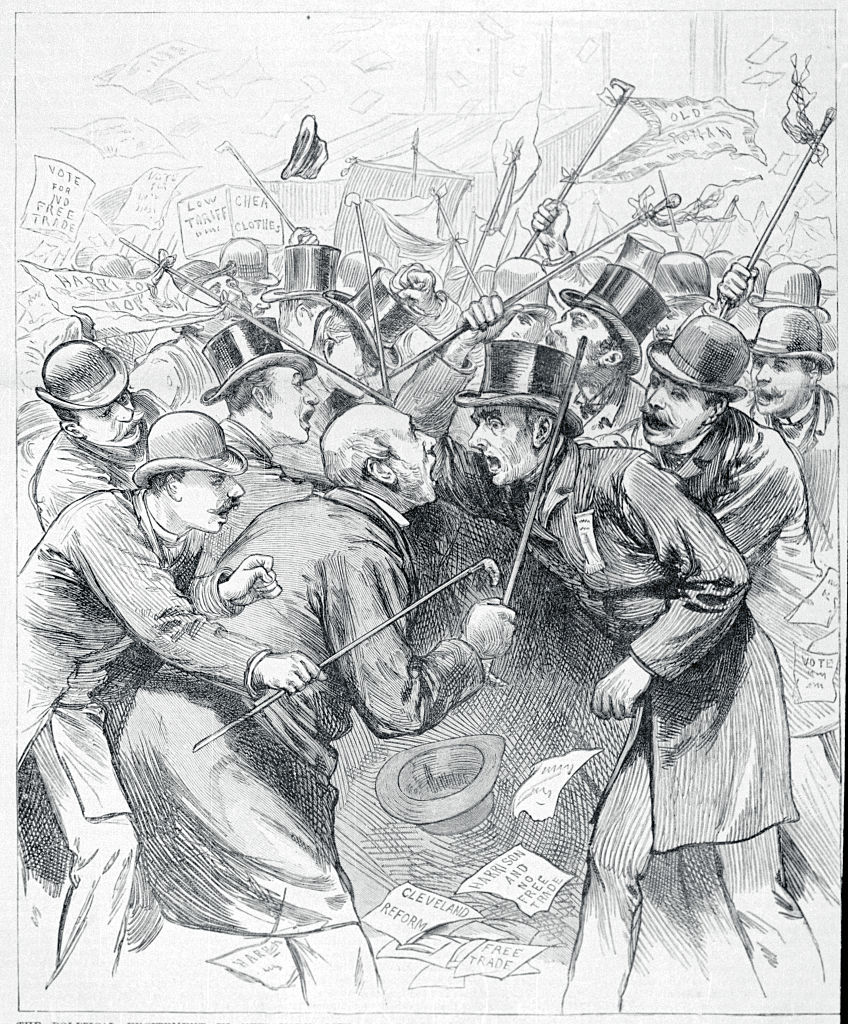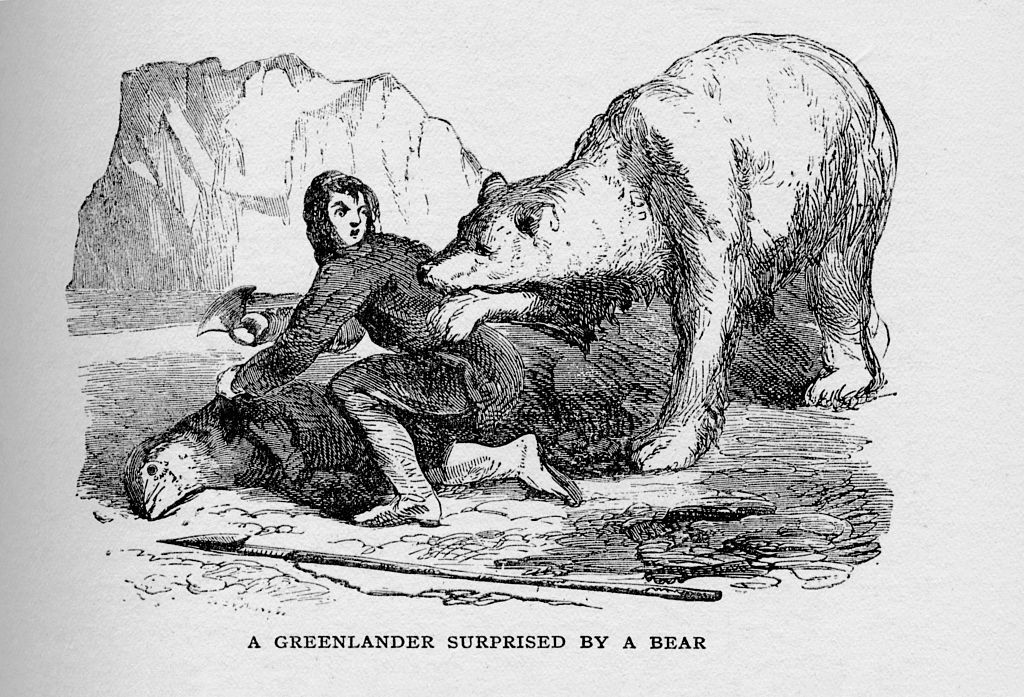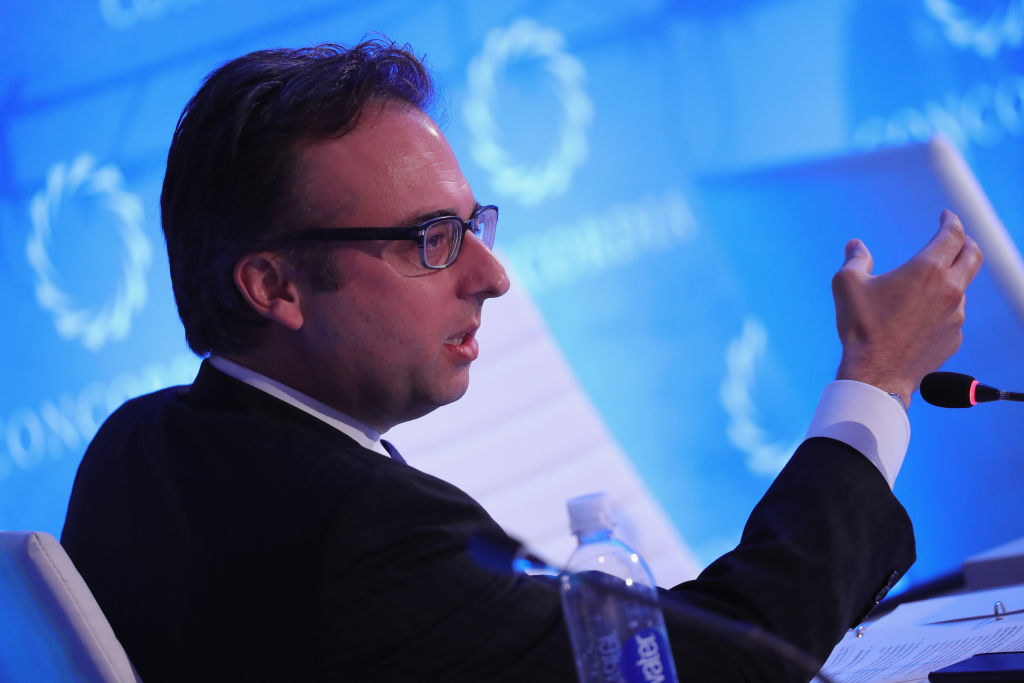The death of any public figure is usually the occasion for setting aside party feelings and paying tribute to the deceased. Yet Jorge Bergoglio was so essentially the media pope that to do the same in his case would look like giving way to the chorus of praise (from the secular media, not from the ordinary Catholic) that is being lifted up for him now, as it has been for the last twelve years of his pontificate.
Bergoglio was above all a man of his time. His boyhood was spent under the dictatorship of Juan Perón, who dazzled a whole generation of Argentinians, and not least the young Jorge. As Jesuit novice-master in Argentina in the early seventies, Bergoglio was actively assisting a political grouping called the Guardia de Hierro (Iron Guard), who were working, successfully, for the return of Perón from exile and his reinstatement as President. In Bergoglio’s subsequent career as Archbishop of Buenos Aires and especially as Pope, Peronism became his defining legacy in its most typical features: the blatantly political outlook, the populism always intensely concerned with public image, the opportunism, and above all the ruthlessness with which party hacks were jockeyed into position and critics were crushed.
The other defining legacy Bergoglio represented was the phase of the Catholic Church, and especially the Society of Jesus, under which he was trained in the sixties and seventies. It was a time when the Church took the decision to ingratiate itself with the modern world by relaxing its traditional teaching, by secularising its liturgy, and by jumping on the contemporary political bandwagons. The result of the policy was seen in a catastrophic decline of the Church, with the Society of Jesus as a prime example: from a peak of 36,000 members it has plummeted to its present 14,000, most of whom are elderly survivals of the years before 1965. To cite this however is merely to give the statistical side of a failure which has left the Church with a ruined clergy, too timid to teach spiritual truth, and mired in sexual scandals.
In this, too, Bergoglio showed himself typical. In his own person, he represented the sorry standards of integrity we have become accustomed to in the modern clergy. His record in his time as Archbishop of Buenos Aires was one of shameless concealment of sexual and financial scandals, and he continued it with effrontery in the twelve years of his pontificate, while making empty declarations of reform. On the theological side, from the time Francis came to the papacy in 2013, his policy was to revive the failed programme of the sixties and seventies. The signs of spiritual recovery in the Church, lately built up by the work of John Paul II and Benedict XVI, had passed Bergoglio by, and he set himself to reverse it. He did not notice that in the past thirty years a generation of Catholics has sprung up which has come to see the shallowness of Modernism in theology and liturgy, and is seeking a return to sound doctrine and spirituality. Or rather, he noticed it as a fact, but saw it merely as a threat to the secularising orthodoxy of the post-conciliar era. His policy was to harass this reviving movement into extinction, placing restrictions on the old liturgy, destroying traditionalist foundations of priests and nuns, and sniping constantly at tradition-minded Catholics, whom he depicted as psychologically sick.
Alongside this was an undermining of Catholic orthodoxy which had never previously been seen in the papal office. Francis’s slogan of “Mercy” was a weasel word for loosening Catholic doctrine and weakening morality, and it was belied by the vindictive harshness that he showed in practice as ruler of the Church. During the twelve years of his pontificate a stream of pronouncements, wrapped in a trademark ambiguity, suggested heresy without teaching it explicitly. Francis undermined the Church’s teaching on sexual morality and the sanctity of marriage, preached an indifferentism in which the multiplicity of religions were declared to be God’s will and all religious were seen as paths to salvations, and questioned doctrines like the reality of eternal punishment. As with the attack on tradition, these pronouncements all played to the gallery of secular opinion, and were accompanied by the espousal of fashionable causes such as climate change. In the Church’s history, two popes have had the misfortune to be condemned as heretics after their deaths, Liberius and Honorius, but they both lived under the ancient Roman empire, and their offence was to submit to the pressure of imperial power in the controversies of their time. Pope Francis has no such defence. When the sorry record of his teachings comes to be judged, and to be measured by the standard of Catholic doctrine, the Church in the near future will have to denounce Francis as the most culpably heretical pope in history. The idol to which he bowed down was the secular media, which have rewarded him with their uncritical favour.
Francis presented himself as a humble man, shunning the trappings of his office; yet he was known for his arrogance and furious outbursts of temper against his subordinates. He claimed to be a democratiser, yet he inaugurated a reign of terror in the Vatican; when Cardinal Müller protested at the summary dismissal of three members of his Congregation he replied: “I am the Pope; I don’t need to give explanations to anybody.” He proclaimed a “zero tolerance” policy towards sexual offenders, yet protected the most notorious of them with an effrontery that no other pope could have got away with. Similarly with his much-vaunted claims to speak for the poor, which remained in the realm of words; he was no Mother Teresa of Calcutta. He preached a facile generosity towards immigrants, which was in practice a blessing on the international racket of people-trafficking, an evil which Cardinal Sarah (himself an African) has described as the slave-trade of the modern era.
Pope Francis gave the modern world what it wanted, which was a weakened and discredited Church. He sought the world’s praise and he has received it. Let it rest at that.
Henry J. A. Sire is a Spanish-born British historian, Catholic author and a former Knight of the Sovereign Military Order of Malta.





Men at war, praise them all: strong backs, high skills, comradeship, courage